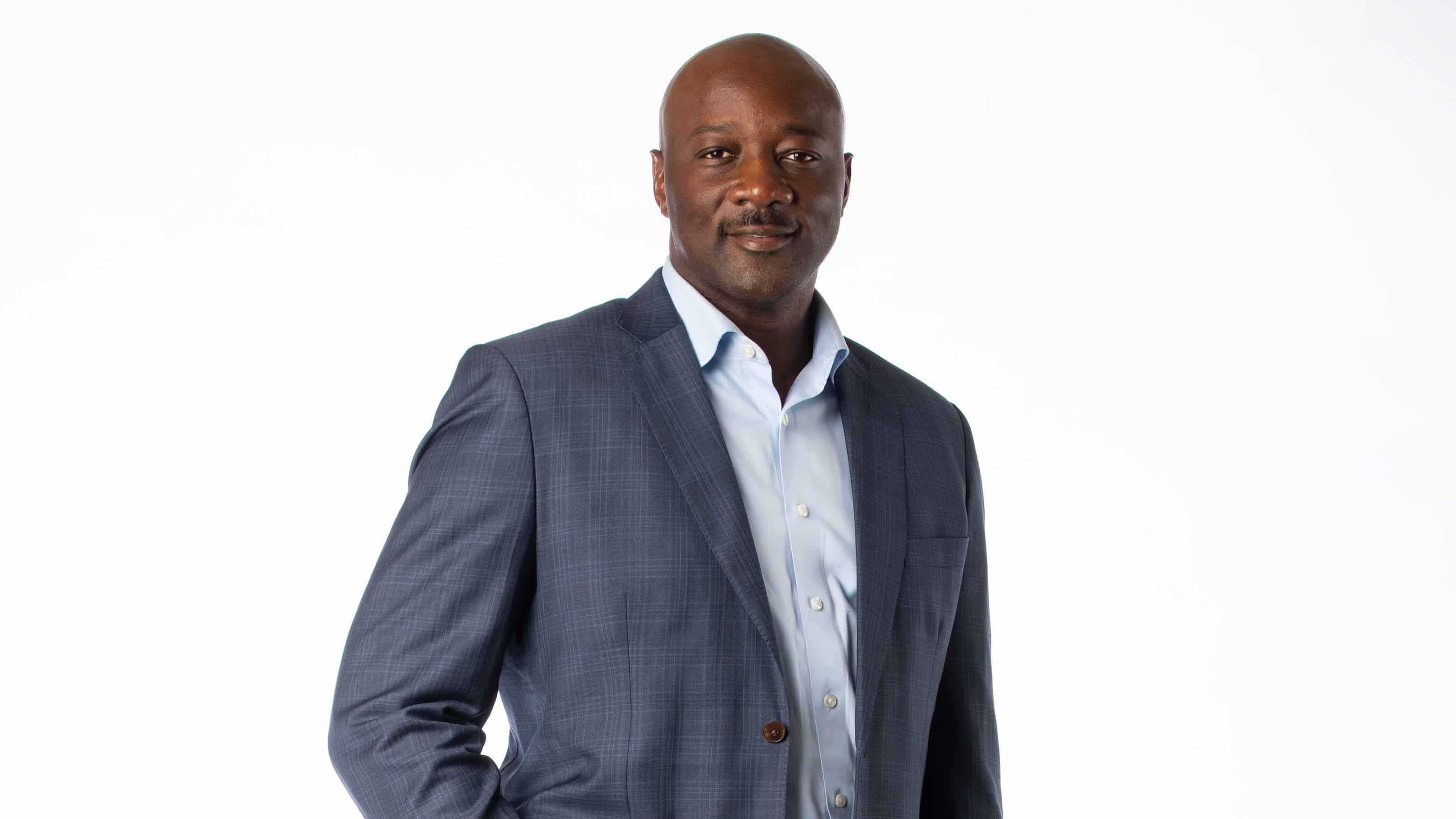The Advantages of Brokered CDs
Brokered CDs are certificates of deposit sold by brokerage firms that typically offer higher yields. But they don't come without some risk.


Profit and prosper with the best of Kiplinger's advice on investing, taxes, retirement, personal finance and much more. Delivered daily. Enter your email in the box and click Sign Me Up.
You are now subscribed
Your newsletter sign-up was successful
Want to add more newsletters?

Delivered daily
Kiplinger Today
Profit and prosper with the best of Kiplinger's advice on investing, taxes, retirement, personal finance and much more delivered daily. Smart money moves start here.

Sent five days a week
Kiplinger A Step Ahead
Get practical help to make better financial decisions in your everyday life, from spending to savings on top deals.

Delivered daily
Kiplinger Closing Bell
Get today's biggest financial and investing headlines delivered to your inbox every day the U.S. stock market is open.

Sent twice a week
Kiplinger Adviser Intel
Financial pros across the country share best practices and fresh tactics to preserve and grow your wealth.

Delivered weekly
Kiplinger Tax Tips
Trim your federal and state tax bills with practical tax-planning and tax-cutting strategies.

Sent twice a week
Kiplinger Retirement Tips
Your twice-a-week guide to planning and enjoying a financially secure and richly rewarding retirement

Sent bimonthly.
Kiplinger Adviser Angle
Insights for advisers, wealth managers and other financial professionals.

Sent twice a week
Kiplinger Investing Weekly
Your twice-a-week roundup of promising stocks, funds, companies and industries you should consider, ones you should avoid, and why.

Sent weekly for six weeks
Kiplinger Invest for Retirement
Your step-by-step six-part series on how to invest for retirement, from devising a successful strategy to exactly which investments to choose.
Brokered certificates of deposits take these safe-but-stodgy investments and give them a turbo boost — they're a key way to take advantage of rising interest rates.
You buy brokered CDs through a brokerage firm. Brokered CDs typically provide above-average yields when compared with CDs offered through banks. For example, a one-year brokered CD at Fidelity yields 3.45%. A top-yielding one-year CD from a bank pays 2.80%, on average, according to DepositAccounts.com, a rate comparison site.
Another pro: You’re not subject to early-withdrawal penalties. Brokerage firms that do this sort of packaging usually maintain an active secondary market for their CDs, meaning you can sell them back (by withdrawing your money) before they mature. Bank CDs have early-withdrawal penalties that range from three months’ to a year’s interest.
However, having the flexibility to sell comes with potential drawbacks. First, your proceeds from selling a CD before it matures can vary with changes in interest rates. If rates have risen, you won’t get back as much as you paid for the CD. (On the other hand, if rates have fallen, you should get more.) CDs in the secondary market act in many respects like short-term bonds: When rates rise, the values of existing bonds fall; when rates fall, bond values rise. Another pitfall is that some of these CDs may be callable, meaning that if interest rates fall, the brokerage firm may redeem or sell your CD before maturity. In that case, you’ll miss out on future interest.
You can buy brokered CDs at investment firms such as Charles Schwab, Fidelity and TD Ameritrade. Ask about the minimum requirement to purchase CDs, as well as possible fees. TD Ameritrade, for example, has a minimum requirement of $1,000, with a mark-up or mark-down price included in your price quote when buying or selling new issues. Also make sure your CD is insured by the Federal Deposit Insurance Corp. Brokerage firms typically partner with FDIC-insured banks, but not always.
Profit and prosper with the best of Kiplinger's advice on investing, taxes, retirement, personal finance and much more. Delivered daily. Enter your email in the box and click Sign Me Up.

Rivan joined Kiplinger on Leap Day 2016 as a reporter for Kiplinger's Personal Finance magazine. A Michigan native, she graduated from the University of Michigan in 2014 and from there freelanced as a local copy editor and proofreader, and served as a research assistant to a local Detroit journalist. Her work has been featured in the Ann Arbor Observer and Sage Business Researcher. She is currently assistant editor, personal finance at The Washington Post.
-
 How Much It Costs to Host a Super Bowl Party in 2026
How Much It Costs to Host a Super Bowl Party in 2026Hosting a Super Bowl party in 2026 could cost you. Here's a breakdown of food, drink and entertainment costs — plus ways to save.
-
 3 Reasons to Use a 5-Year CD As You Approach Retirement
3 Reasons to Use a 5-Year CD As You Approach RetirementA five-year CD can help you reach other milestones as you approach retirement.
-
 Your Adult Kids Are Doing Fine. Is It Time To Spend Some of Their Inheritance?
Your Adult Kids Are Doing Fine. Is It Time To Spend Some of Their Inheritance?If your kids are successful, do they need an inheritance? Ask yourself these four questions before passing down another dollar.
-
 Seven of the Best Budgeting Apps for 2025
Seven of the Best Budgeting Apps for 2025If you're searching for a great budgeting app, here are our top picks.
-
 5 Ways to Shop for a Low Mortgage Rate
5 Ways to Shop for a Low Mortgage RateBecoming a Homeowner Mortgage rates are high this year, but you can still find an affordable loan with these tips.
-
 Bond Basics: Ownership
Bond Basics: Ownershipinvesting Bonds come in a variety of forms, but they all share these basic traits.
-
 Inflation-Proof Your Finances
Inflation-Proof Your FinancesSponsored With inflation reaching 7%, it’s important to keep a pulse on your finances with personal finance tools such as Quicken and stay educated on economic conditions.
-
 Kiplinger Interest Rates Outlook: Federal Reserve Will Pause Rate Cuts for a While
Kiplinger Interest Rates Outlook: Federal Reserve Will Pause Rate Cuts for a WhileForecasts The Fed suggests that it is not likely to cut rates further unless the jobs market weakens more.
-
 Creating a Values-Based Financial Plan
Creating a Values-Based Financial Planpersonal finance More savers and spenders are thinking big picture when it comes to their financial decisions.
-
 Donor-Advised Funds: The Gift That Keeps on Giving
Donor-Advised Funds: The Gift That Keeps on GivingFinancial Planning Expert guidance on how this charitable vehicle can make a difference.
-
 Don’t Panic About Interest Rate Increases: Look to Profit Instead
Don’t Panic About Interest Rate Increases: Look to Profit Insteadinterest rates Here’s how to adjust accordingly to protect your investment portfolio during these times of rising interest rates.